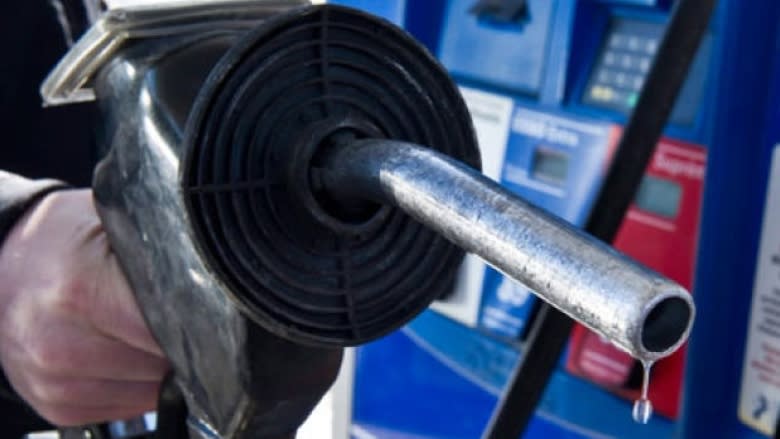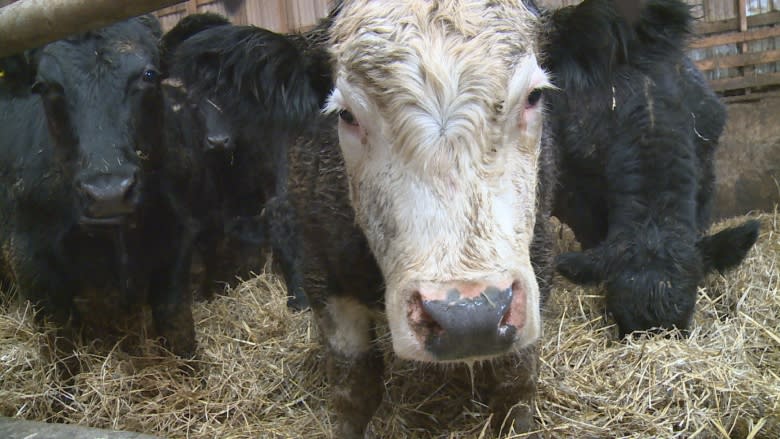Let microbes gobble up the gas, say U of S scientists
Researchers at the University of Saskatchewan believe the answer to cleaning up the province's old service stations already lies buried in the soil.
Cleanup costs for potential spills could be mitigated through innovations in soil research.
"It's not necessarily on everyone's radar as a hot button environmental issue, but it's really big problem," said U of S soil scientist Derek Peak.
In an interview with CBC Radio's Saskatoon Morning, Peak suggested that there are approximately 1,500 gas stations across Western Canada, with a current cost of remediation at about $1 million per site.
"Every tank underground eventually leaks," said Peak.
Now, armed with $750,000 from the federal government, Peak and his team are trying to urge microbes already in the soil to gobble up the gas and diesel spilled at the site.
"So, the main idea is that if you could make those microbes happy, assuming that they are there at some level, then you give them the nutrients that they need, you give them the right conditions, and over time they will clean it up."
What's on the menu for microbes?
Those nutrients can be found at the slaughterhouse in the form of biological waste left behind in cattle processing. It sounds simple, but as Peak explained, they have to find the right formulation.
"How do you come up with the right amount of nutrients to give the microbes so that they can do their job but not so much that they cause other problems?"
It's an important question to answer because over stimulating a site could cause other downstream environmental issues.
Properly harnessing these microbes to clean up contaminated gas stations sites would be ground breaking, cutting the cost of remediation in half, and saving an estimated $7.5 billion Canada-wide.



